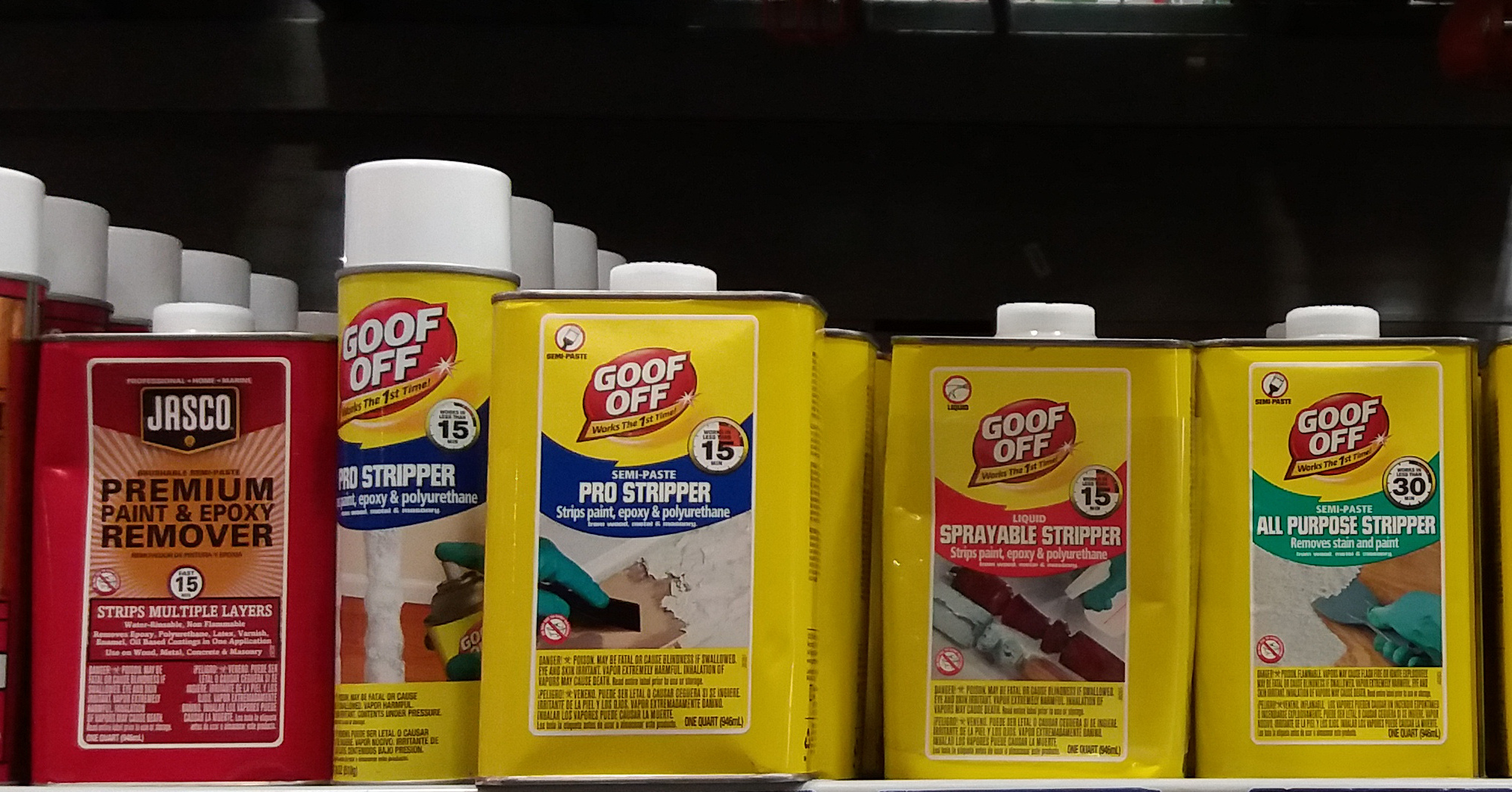
EPA bans most uses of methylene chloride
Submitted by:
Andrew Warmington
The US Environmental Protection Agency (EPA) has finalised a ban on most uses of methylene chloride (MCL) via a ‘final action’ under the Toxic Substances Control Act (TSCA). Consumer use will be phased out within a year, and most industrial and commercial uses within two.
This is the second such risk management rule to be finalised using the process created by the 2016 TSCA amendments. It also establishes worker protections under the Workplace Chemical Protection Program (WCPP), with strict exposure limits, monitoring requirements, and worker training and notification requirements.
Some uses are permitted to continue where they are important to national security and the economy, and where the EPA has received data and other information that shows workplace safety measures to fully address the unreasonable risk could be achieved. These include:
* Production of other chemicals, including refrigerant chemicals needed to phase down hydrofluorocarbons
* Production of battery separators for electric vehicles
* Processing aid in closed systems
* Laboratory chemicals
* Plastic and rubber manufacturing, including polycarbonate production
* Solvent welding
Most workplaces will have 18 months to comply with the program and would be required to periodically monitor their workplace to ensure that workers are not being exposed to levels of MCL that would lead to an unreasonable risk.
Trade association SOCMA commented that it and its members had succeeded in securing some of these, notably the information necessary to justify using MCL as a processing aid and in closed-loop systems and an extended compliance timeframe in the WCPP. The final rule includes a de minimis threshold of 0.1%, which was not included in the initial proposed rule.
Best known as a paint stripper, MCL is also used in aerosol degreasing, brush cleaners, adhesives and sealants, among other applications. It is known to cause many forms of cancer, as well as being neurotoxic. The EPA stated that at least 88 people have died from acute exposure to MCL in the US since 1980, mostly in professional settings.
